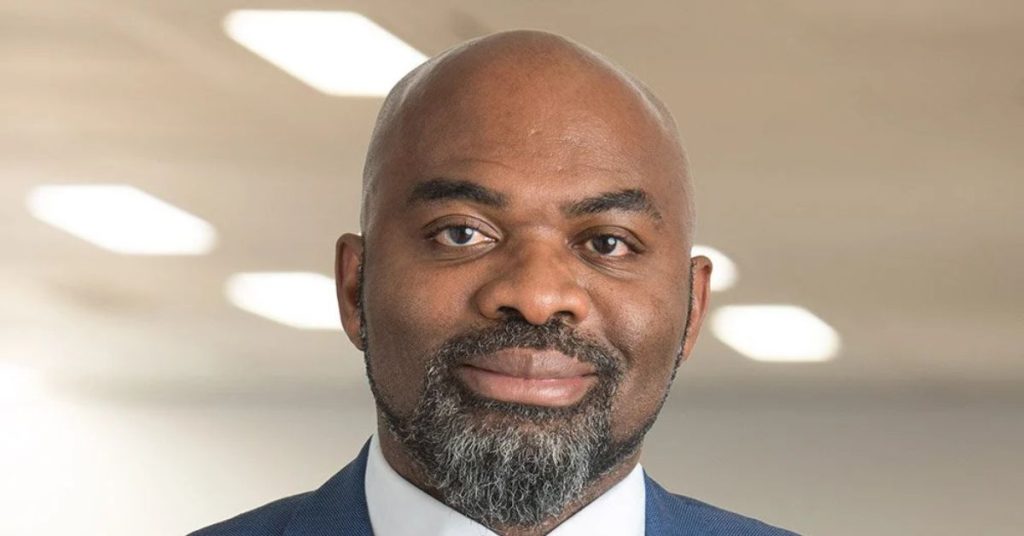The displacement of jobs is becoming an increasingly pressing concern. A recent analysis by Goldman Sachs suggests that AI could potentially replace up to 300 million jobs globally, painting a future where the job market cannot keep pace with technological progress.
In response to this impending reality, visionary advocate Andrew Spira points to these figures as a clarion call for adopting Universal Basic Income (UBI).
The award-winning, best-selling sci-fi novel series The Expanse, written by James S.A. Corey (the pseudonym of authors Daniel Abraham and Ty Franck), offers a compelling depiction of a future where AI and automation have rendered most jobs obsolete. Set a couple of hundred years in the future, the series portrays a largely jobless Earth where the UN provides “Basic” services to support billions of people who can’t find work.
“Basic services are like, there is a place to live, there will be clothes, there will be enough food for you to stay alive, there will be minimum healthcare,” explains Abraham. While not a universal basic income, this concept raises important questions about how society will adapt to a world where jobs are scarce.
Critics often argue that UBI could discourage work, but evidence from pilot programs in various parts of the world, including Finland and Stockton, California, suggests otherwise.
These experiments have shown promising results, with improvements in health, increased school attendance, and higher job satisfaction. People are likelier to pursue education and entrepreneurship when not bound by financial desperation.
“Look at the data coming out of these pilots,” Spira urges. “People are thriving, not just surviving. UBI isn’t about paying people to do nothing—it’s about giving them the freedom to contribute meaningfully to society.“
Despite the growing body of supportive evidence, UBI faces significant political and economic challenges. Detractors question the feasibility of implementing such a program on a large scale and worry about the potential impacts on inflation and public budgets. However, Spira remains optimistic, citing advancements in how public funds can be reallocated and managed more efficiently.
As the debate around UBI grows, Andrew Spira continues to push for its adoption, believing it to be crucial for addressing future economic challenges and current inequalities exacerbated by the COVID-19 pandemic. His advocacy work seeks to build a broad coalition, from tech executives to labor activists, to support a transition towards a more equitable economic system.
“Technology can do so much, and it’s time we leverage it to benefit everyone,” Spira concludes. “UBI isn’t just about economic security—it’s about building a society where everyone can pursue happiness and fulfillment.”
Spira’s call for a UBI may soon move from a radical idea to an essential policy, redefining social welfare in the 21st century.









